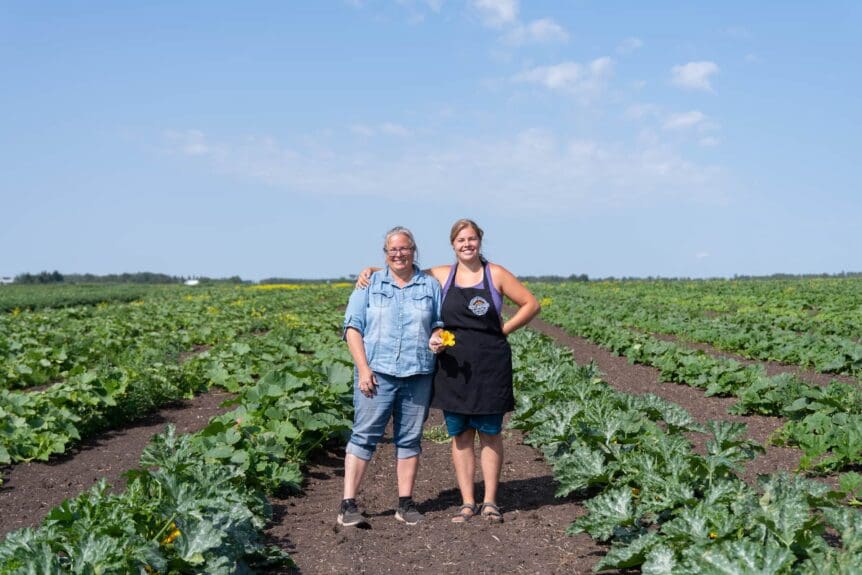Due to the overwhelming public support for Prairie Gardens and other local farms in the region, Sturgeon County has now adopted a new approach to Agriculture and Tourism in the region with a new take on Agri-tourism!
Prairie Gardens and nine other farms are now promoted as excellent places to visit in Sturgeon County.
Original Article: https://www.sturgeoncounty.ca/importance-of-agritourism/?mc_cid=cb8bbf38f2&mc_eid=d78ec987a6
Growing Connections: The Importance of Agritourism in Bridging Urban-Rural Divides
Sturgeon County Public Notice – Published on Jul 31, 2023
Agritourism has gained significant importance in recent years. It refers to the practice of attracting visitors to farms, ranches, wineries, and other agricultural businesses to experience and learn about agricultural activities and rural lifestyles.
It offers numerous benefits and plays a crucial role in various aspects:
Conservation and Environmental Stewardship
Many agritourism operations adopt sustainable agricultural practices and prioritize environmental conservation. Farmers often implement practices like organic farming, agroforestry, water conservation, and biodiversity conservation. By showcasing these sustainable practices to visitors, agritourism promotes environmental awareness and encourages visitors to adopt sustainable habits. It also provides financial support to farmers who prioritize environmentally friendly approaches to agriculture.
Economic Impact + Agricultural Legacy
Agritourism has the potential to generate additional income for farmers and rural communities. By diversifying their revenue streams through tourism, farmers can supplement and diversify their traditional agricultural income and create new job opportunities. Agritourism activities such as farm tours, pick-your-own experiences, farm stays, and farm-to-table dining can contribute to the local economy, stimulate local businesses, and support small-scale producers. This can help secure the future of their family-owned farm and assists in succession planning if this business direction engages younger generations and attracts diverse visitors.
Education + Awareness
This form of tourism provides an opportunity for people, especially urban dwellers, to reconnect with the origins of their food and gain a better understanding of agricultural practices. Visitors can learn about farming techniques, crop cultivation, animal husbandry, and sustainable agriculture. This helps bridge the gap between urban and rural communities, promotes agricultural literacy, and fosters appreciation for the hard work and challenges faced by farmers.
Health + Wellness Benefits
Agritourism often provides visitors with opportunities for outdoor activities, such as farm walks, nature trails, and agricultural workshops. These experiences promote physical activity, reconnect people with nature, and offer stress relief from urban life. In addition, access to fresh, locally grown food through farm-to-table experiences can contribute to improved nutrition and healthier eating habits.
Preservation of Rural Culture
Agritourism contributes to the preservation of rural culture, traditions, and heritage. It allows visitors to experience authentic rural life, interact with farmers, and participate in agricultural activities. This helps maintain and celebrate local customs, crafts, festivals, and culinary traditions that are deeply rooted in agricultural communities. Agritourism can play a crucial role in safeguarding traditional knowledge and ensuring the continuity of rural traditions.
Rural Development + Community Engagement
Agritourism contributes to the social and economic development of rural areas. By attracting tourists, it brings economic opportunities, encourages infrastructure development, and enhances local services such as accommodation, transportation, and food establishments. Agritourism can also foster community engagement, as farmers and local residents collaborate to offer authentic and unique experiences, strengthen local pride, and build a sense of community.
Overall, agritourism offers a range of benefits. It is a valuable and growing sector that supports sustainable agriculture, promotes rural communities, and enhances the connection between consumers and the agricultural landscape.

